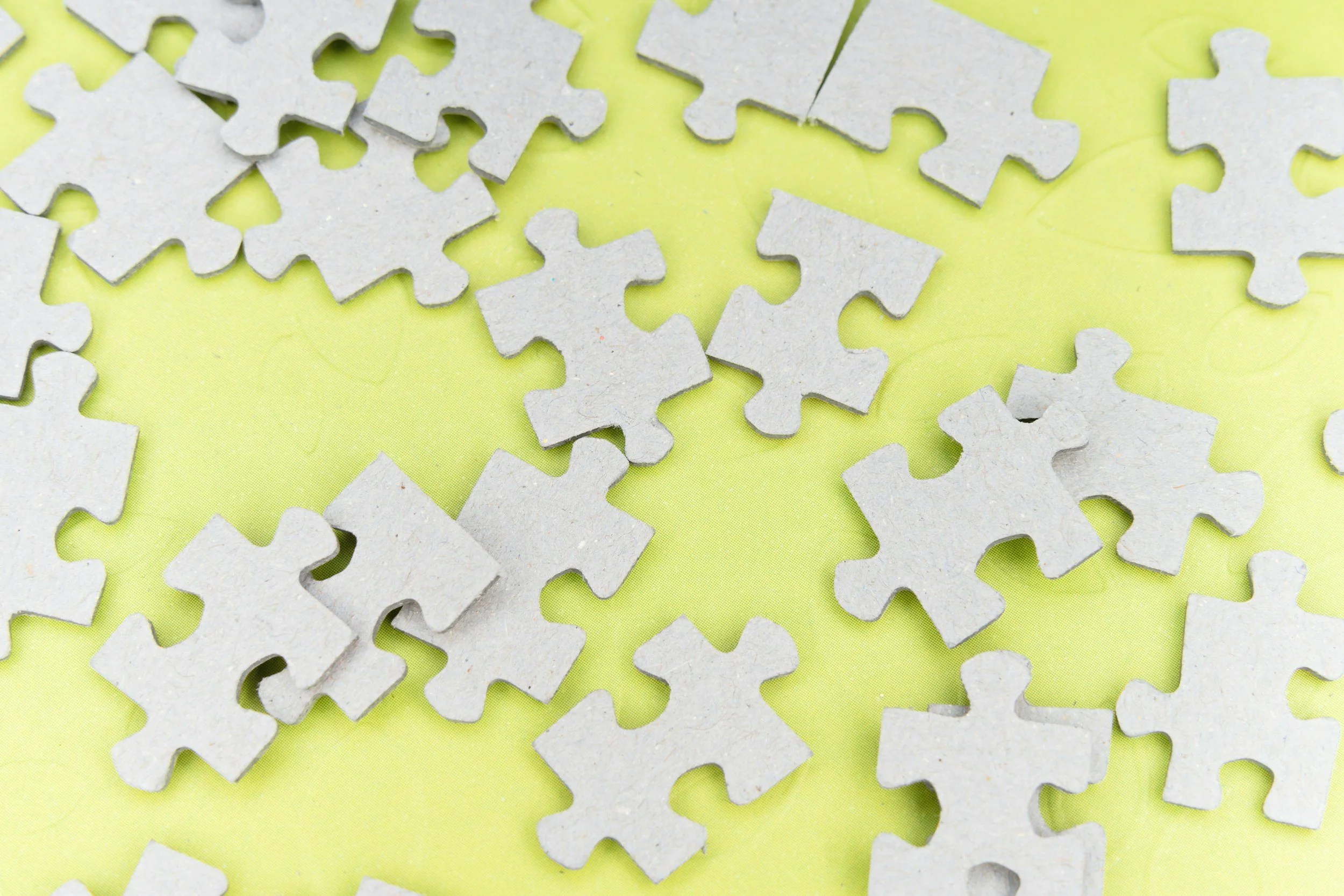Cozy sweaters. Hot chocolate. Holidays focused on food and gifts. Waking up to a snow-covered lawn. For some people, winter is the literal best time of year. But it’s a whole different story for the SAD people. The winter months bring about colder weather and shorter days, which means seasonal depression/anxiety or (SAD) seasonal affective disorder for some people.
by Tiffany Hooton, LMFT.
In a previous post (which you can find here), we discussed some common reactions a person might experience when their significant other first comes out to them as trans or gender questioning as well as ways to begin unpacking some of those more complicated tangles of emotions. This, however, only scratches the surface when it comes to navigating transition in relationships.

by Andrew Kravig, LMFT.
How are you enjoying the new calendar year so far? Itt has been a bit wild, hasn’t it? If you’re anything like me, it’s been filled with too much doom scrolling, almost enough protesting in the streets, buckets of cortisol racing through my system, a handful of warm moments with friends, and nowhere near enough rest. And god knows what we need right now is some good rest. If your community demographics look anything like mine, it has probably been a very scary start to 2026. It’s hard to figure out where to fit something like rest or relaxation into my schedule… I mean, how do you nap when it feels like the world is burning?

by Tiffany Hooton, LMFT.
Imagine you’re standing in a parking lot, just about to head into work, when you check your phone. There’s a message from your partner: They think they might be trans. They know a text isn’t ideal. That it might feel impersonal, but the words get stuck in their throat whenever they try to muster the courage to say something. Just writing that sentence took everything.
How might you feel in that situation? How do you imagine you would respond?
There is no playbook for when a partner comes out to you, especially in those critical moments when they need you most and, for some, this news can come as a shock.

by Wanda Diep, LCSW.
Have you felt that lingering pang of guilt after feeling upset or even pissed the hell off at someone you care about deeply? Or frustrated when you notice feeling upset after something that’s “small” or “not worth getting emotional over”?
What you notice in these moments are called meta-emotions: feelings about your feelings. There are a few examples of these meta-emotions. Here are some of the most common I come across:
Guilt about feeling anger
Shame/embarrassment about experiencing jealousy (which can be viewed as a system of emotions, but that’s a conversation for another time).
Frustration with feeling sad, anxious, or “emotional”
Anxious about feeling anxious
Nervous about feeling happy
Okay, now I know what meta-emotions are. Why are they important?

by Andrew Kravig, LMFT.
I often feel like the new year (and all of the hype around it) arrives like an overenthusiastic motivational speaker— there’s the banging of pots and pans, folks shouting about “fresh starts,” and insisting this is the year everything changes. So much noise. Meanwhile, I’m standing over here in my mismatched socks, feeling emotionally exhausted, and wondering if it’s acceptable for me to set my expectations somewhere between “survive” and “remember to drink water.”
I live with chronic depression. And living with depression has a way of muting the fireworks. No matter how big and beautiful those fireworks might be. While the calendar flips with explosions of confetti and enthusiastic countdowns, my brain tends to respond with a kind of cautious squint. Hope feels fragile. Light feels far away. And yet—annoyingly, persistently—January still shows up, asking me what I want from the new year.

Convenient to Long Beach and Seal Beach at:
4510 E Pacific Coast Hwy, #540, Long Beach, CA 90804
contact@prospecttherapy.com | (562) 704-4736

